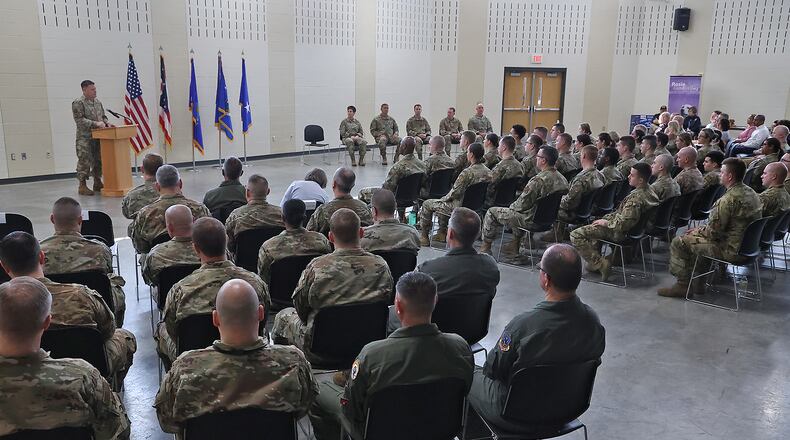The Omnibus Appropriations Act of 2009 was meant to prevent federal employees who serve in the National Guard and Reserves from losing income when they are called to active military duty, those involved with the brief said in a statement this week.
Federal law provides that federal agencies are to provide differential pay, or the difference between a federal employee’s military and civilian pay, when that employee is on active duty. Reserve or Guard pay is often less than the full-time pay for federal (or other) workers.
The petition before the Supreme Court could affect about 200,000 federal employees who serve as members of the Reserves and Guard, reports indicate.
“Both contemporaneous statements by the law’s authors and other legislative materials confirm that Congress did not intend to limit the application of the law by the kind of service the reservists rendered or the provision of law under which the reservists were call to active duty,” the lawmakers said.
They added: “If allowed to stand, the federal circuit’s decision would severely burden a significant number of Americans solely because they wear the nation’s uniform.”
Recently, the U.S. Court of Appeals for the Federal Circuit ruled that Bryan Adams, a human resources specialist with U.S. Customs and Border Patrol and a member of the Arizona Air National Guard, was not entitled to differential pay unless his service was connected to a national emergency, the brief supporters noted.
Other supporters of the brief include Sens. Dick Durbin, D-Ill., Richard Blumenthal, D-Conn, and U.S. Reps. Carolyn Maloney, D-NY, Eleanor Holmes Norton, D-Washington, D.C., Anthony Brown, D-Md. and former representative Robert Wexler, a Democrat from Florida.
Click here to read the full amicus brief.
About the Author

